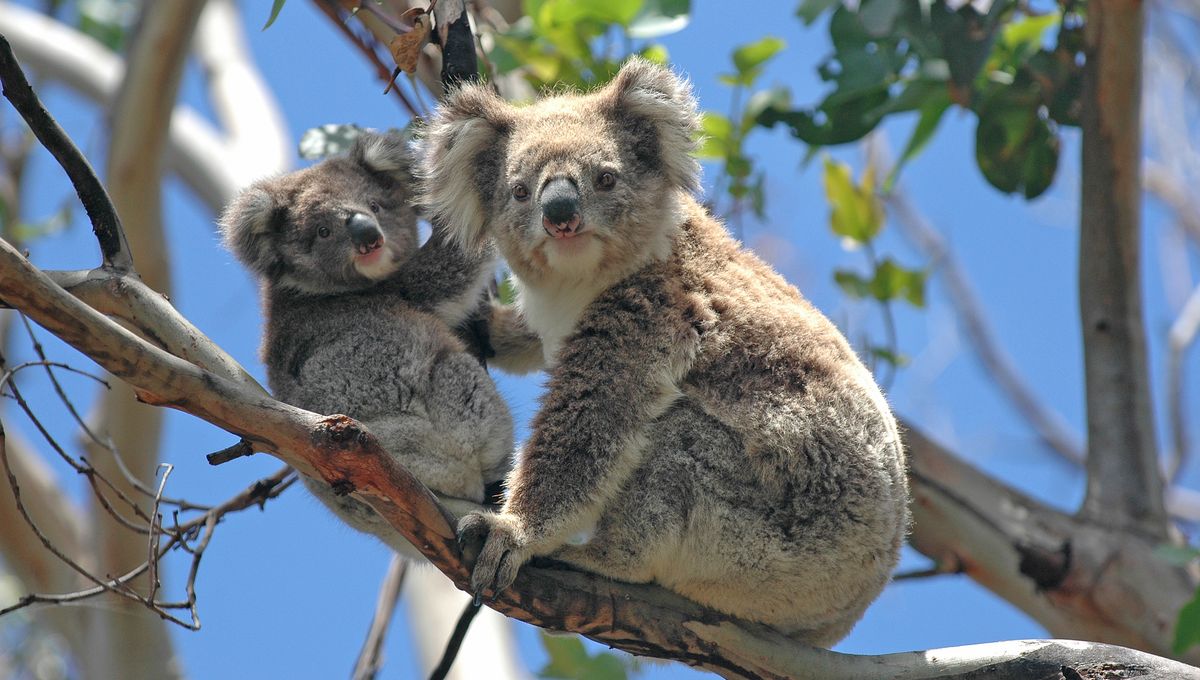
Grappling with the aftermath of a devastating bushfire, the Australian state of Victoria has taken the controversial step of using helicopter snipers to shoot hundreds of koalas. It’s a move that officials say was a necessary evil to prevent widespread suffering, but one that has ignited political backlash and fierce public outrage.
The Victorian government has euthanized between 600 to 700 koalas in Budj Bim National Park in southwest Victoria, as reported by Yahoo News Australia.
Officials have claimed the mass cull was a compassionate decision after a lightning strike sparked a devastating bushfire in the park in March, destroying much of the koalas’ habitat and leaving hundreds of animals severely injured or sick.
Many koalas likely perished in the initial blaze from severe burns, smoke inhalation, or exposure to toxic fire retardants. Those that survived were left to face the devastation of their environment. With their main food source – the Eucalyptus blue gum trees – reduced, authorities argue that many of the surviving koalas would have faced a slow and painful death from starvation.
“Due to direct impacts of the fire, the poor health and low likelihood of survival of many animals due to the ongoing drought conditions and lack of food post-fire, many of the animals are requiring euthanising,” the state government’s chief biodiversity officer, James Todd, reportedly said.
However, the cold, indiscriminate nature of the aerial shootings has left many questioning whether more humane solutions could have been found.
“Both the large scale and broad justification for intervention at Budj Bim National Park raise serious concerns. Difficult welfare decisions are unavoidable following fires and minimising animal suffering is often the best outcome that can be hoped for, but we can’t let aerial shooting become the go-to method for wildlife disaster response,” Evan Quartermain, Australian Head of Programs at Humane World for Animals, said in a statement.
“It’s incredibly difficult to make an accurate assessment of recovery outcomes from a distance. Koalas that have survived the horror of bushfires are fighters, and there are many trained wildlife rescue teams, including ours at Humane World for Animals, ready to conduct search and rescue so more informed veterinary assessments can be made,” added Quartermain.
Others are raising concerns about a lack of transparency surrounding the drastic plan. Friends of the Earth Melbourne argues that Budj Bim was scorched by a much larger wildfire in December 2019/January 2020, yet helicopter culling was not deployed.
The group notes that while Budj Bim National Park has faced a koala overpopulation problem in recent years, this is largely due to the clearing of hundreds of hectares of blue gum plantations in the surrounding area, which has driven large numbers of koalas into the park. Meanwhile, other critics have questioned why large-scale harvesting of blue gums is continuing, even as authorities claim that nearby koalas are dying from starvation.
However, there are still people in the know who are backing the difficult decision. One of those is Desley Whisson, a koala expert and Associate Professor at Deakin University who was involved in creating Victoria’s Koala Management Strategy. She says she’s been very vocal about the failures of the Victorian government in the past, but this decision to cull the koalas en masse is the right call – even if it doesn’t make for good PR.
“Aerial surveys reveal that hundreds of koalas, many with obvious burn wounds, have retreated to the upper branches of burnt or scorched trees in inaccessible areas. This is lava flow country with few tracks, the fire is still smoldering, burnt trees are dropping branches. What do you do? How do you want these animals to die? Do you let them die a slow painful death from starvation, lung conditions, poisoning, or burn wounds? Or do you make the incredibly difficult but compassionate decision to bring in expert marksmen who can deliver a swift, painless death?” Whisson wrote on LinkedIn.
“In this case, they made the right call. A call that was politically costly, and one they surely knew would spark backlash. But it was an act of mercy,” she wrote.
“Unfortunately, that backlash may ensure they never make the right choice again.”
Source Link: Around 700 Koalas Have Been Sniped From Helicopters In Victoria, Sparking Controversy